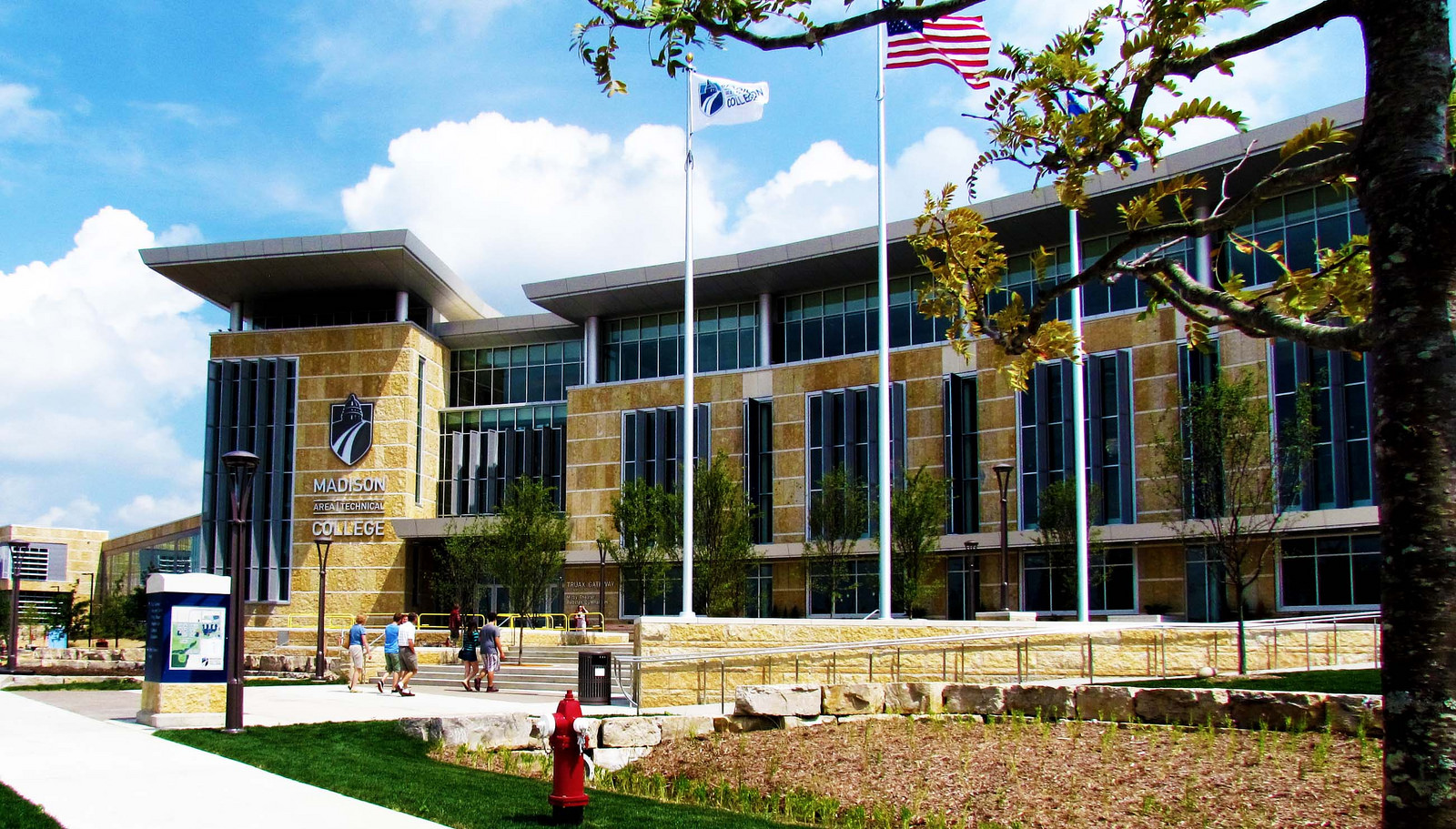
Wisconsin’s higher education systems have banded together with the goal of helping the state achieve a postsecondary attainment rate of 60 percent by 2027.
60 Forward is a collaboration between The University of Wisconsin (UW) System, the Wisconsin Association of Independent Colleges and Universities (WAICU) and the Wisconsin Technical College System to increase the number of working-age adults with an education credential beyond high school. The WTCS plans to reaffirm their mission of meeting the educational needs of residents in meeting this goal.
“We need to make sure that the technical colleges are open-access institutions so anyone that can come learn, they can come to learn,” WTCS Director of Strategic Advancement Conor Smyth said in an interview.
In light of the state’s aging population, fewer high school graduates and persistent racial disparities, 60 Forward will address a growing need for talent. Smyth said the technical college system would like to achieve this by working with employers and increasing access to educational programs for historically marginalized populations.
“Employers absolutely want and need education providers to provide education. We just have to change how we do it,” he said.
60 Forward’s stakeholders are all working with the Lumina Foundation, an independent, private foundation based in Indianapolis. The Lumina Foundation has committed to assisting Wisconsin’s education systems create opportunities for learning beyond high school to all residents, focusing on those between the ages of 25 and 64.
“Despite the fact that our headcount rates have decreased, the number of certificates have increased,” Smyth said.
He explained that fewer people are likely to enroll in school when the economy is doing well because people focus more on earning an income. According to the state’s Department of Workforce Development, Wisconsin reached a record low of 2.8 percent unemployment back in April. Smyth said more people have access to jobs; however, there are still help wanted signs at places that require specialized skills.
“The economy is in better shape than it was two years ago, so our students are working full-time while they’re going to school,” he said.
Smyth said the technical college system meets students where they are. While the average student in the technical college system is about 35 years old, he said people enroll in technical colleges for many reasons including two-year associate degrees, one- and two-year technical diplomas, short-term technical diplomas and certificates, a Science, Technology, Engineering, and Mathematics (STEM) program for high school students, or to earn a General Educational Development (GED) or High School Equivalency Diploma (HSED).
Smyth said technical colleges also work with jails and prisons. He said the technical college also hopes to serve underrepresented groups of people such as people of color, lower income students and people with disabilities.
“We’re working with a lot of population that maybe haven’t had a lot of success,” Smyth said.
He said the technical colleges have a thriving relationship with employers throughout the state. Rather than recruiting students to register for courses full-time, Smyth said the WTCS embraces “on-the-job” training.
“We have some employers who discourage people from going to college full-time because they want people to come work for them,” he said.
While Smyth said not all employers are this way, and the technical college system would like to make their programs accessible to all students. This includes working directly with employers to provide customized training on site.
Smyth said many employers will offer tuition assistance or tuition reimbursement. Technical colleges also work very closely with employers to help them structure their programs.
“More than half of the people you see walking around the clinic in scrubs are technical college graduates,” he said.
He said technical colleges offer programs for Lab Techs and Registered Nurses throughout the state. Smyth also said technical colleges are the number one colleges for registered nurses in the state.
“We’re trying to marry that traditional area of the program with the training aspect,” he said.



